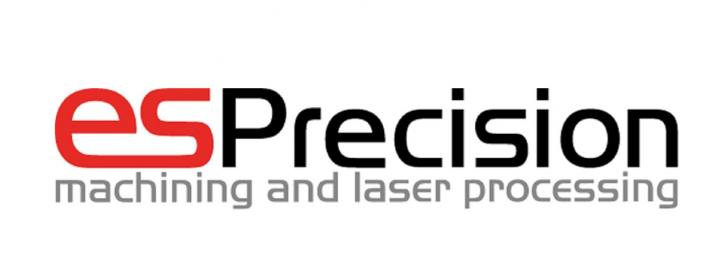
In August last year, the UK government launched the first-ever Hydrogen Strategy, setting out the ambition to create a thriving ‘hydrogen economy’ and detailing the foundation for how the UK government will work with industry to meet its ambition for 5GW of low-carbon hydrogen production capacity by 2030.
According to the strategy, a booming UK-wide hydrogen economy could be worth £900million and create over 9,000 high-quality jobs by 2030 – potentially rising to 100,000 jobs and worth up to £13billion by 2050. The strategy also set out the aspiration for the UK to take a leading global role in developing low-carbon hydrogen technologies and markets, turbo-charging the development and deployment of low-carbon technologies internationally.
This came ahead of COP26, which brought together civil society with the decision-makers on the frontline of tackling climate emergency, to discuss how globally we can inspire climate action and work towards net-zero targets.
With a clear ambition set out, the success of the strategy is dependent on the collective pioneering efforts of industry, the research and innovation community and the UK public, with various incentives laid out throughout the strategy to facilitate this emerging market.
The government’s £1billion Net Zero Innovation Portfolio (NZIP) made hydrogen one of 10 key priority areas, with the aim for this funding to be complemented by up to £3.5billion of matched and follow-on funding from the private sector.
ES Precision Ltd is an Oxford-based emerging business, providing laser processing services to technology companies locally and across the UK and Ireland now offering an efficient service in the cutting of parts for hydrogen fuel cells, without the need to manufacture conventional cutting tools.
Electricity is created from a fuel cell through the ‘cold combustion’ of hydrogen and oxygen, with the hydrogen required for this created by electrolysis of water – using surplus green electricity from windy or sunny days. This represents an effective store of electricity which current battery technology cannot compete with in terms of efficiency and sustainability (all battery technologies are environmentally expensive to produce).
These fuel cells are set to be crucial in industry’s facilitation of the ‘hydrogen economy’ and have the potential to become a vital component of a sustainable future, providing electrical power for electronics, transport and energy storage.
ES Precision were one of 38 businesses awarded grant funding through OxLEP Business’ ‘Business Investment Fund’ (supported by the government’s ‘Getting Building Fund’) , which was developed to boost the county’s business community to move into an effective renewal phase following the onset of COVID-19.

Andy May – Director of E S Precision – said: “The online application process was straightforward, since the fit between several of ES Precision’s target markets (such as fuel cells and photovoltaics) matched some of the fund’s zero carbon objectives. Other expected applications in the biotech, instrumentation and lab-on-a-chip applications naturally fell in with the Covid zeitgeist.
“Concern that the application process might become too time-consuming was not justified, not least because it was structured as a two-step process, so that only after the expression of interest passed to the shortlist was it necessary to commit to a lengthier submission. Overall, it took just 12 weeks from deciding to apply to learning of the grant being secured.
“We were excited to launch this service with the help of OxLEP and the Getting Building Fund. The system to enable this process has proved invaluable since it arrived and the more recent arrival of the laser itself has triggered a real phase of R&D, to optimise the process of erosion cutting for a range of materials. We look forward to going on to work with companies at the forefront of medical device development, electronics, instrumentation and, especially, green electricity, from batteries and motors to photovoltaics and fuel cells.”
Find out more on other OxLEP Business support programmes




